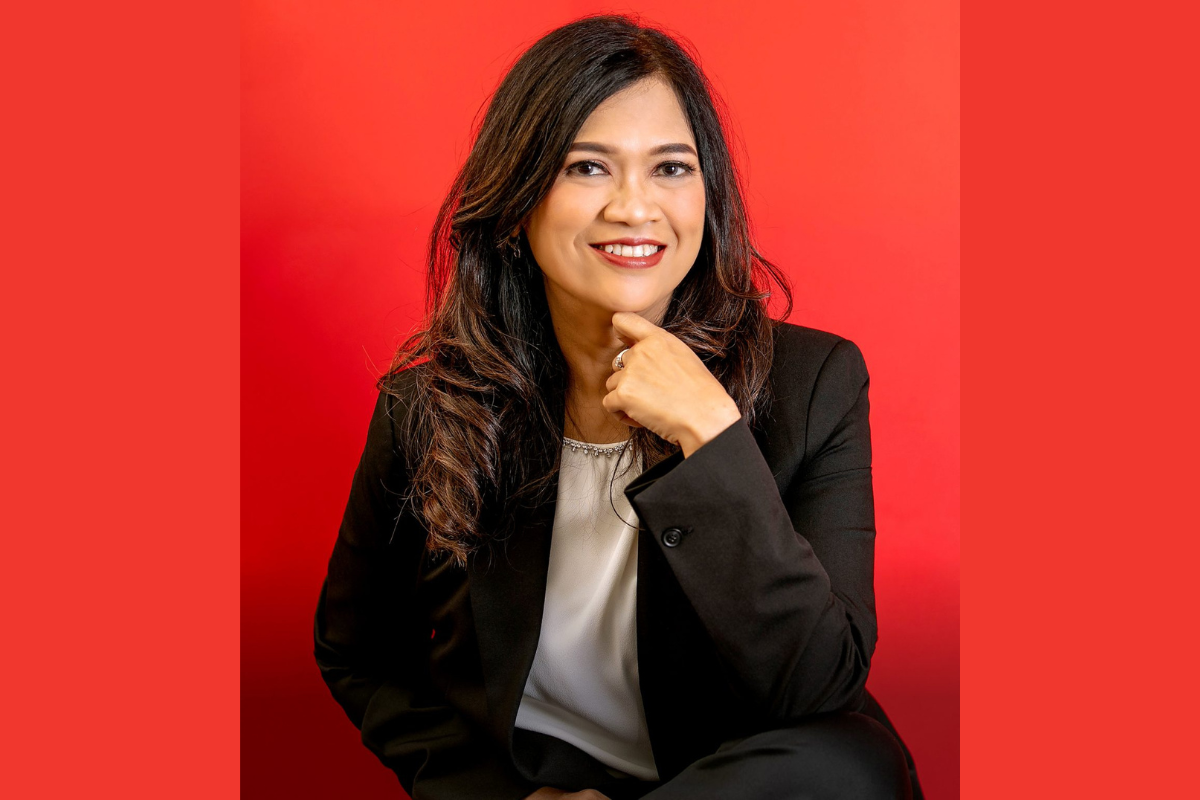During the darkest moments of the COVID-19 pandemic, the value of effective supply chain management became clear. Countless businesses faced intense supply chain challenges, illustrating just how important resilient transportation and logistics companies have become in recent years.

Founded in 1987, Duta Lintas Nusa (DUTATRANS), one of the largest transportation group companies in Indonesia, has played an essential role in connecting customers with products that enhance their daily lives for over 35 years.
Even the name of the company reflects the goal of Managing Director Dyana Prabowo.

Before, the company only served one captive customer. Right now, we serve more than 20 major brands.
“Duta is the representative, Lintas is crossover and Nusa is like Indonesia; we are representative of moving goods across Indonesia. The DUTATRANS brand is strong in the transportation business,” she tells The CEO Magazine.
When Dyana joined DUTATRANS 22 years ago, she immediately saw the importance of building a diverse customer base. “Before, the company only served one captive customer. Right now, we serve more than 20 major brands,” she says.
Dyana rapidly scaled up the business, increasing sales significantly year-on-year, in large part due to the focus on becoming a trusted partner for customers.
“Hopefully, if the customer trusts us, then they grow their business with us and we will also automatically grow as a result. That’s our future.”
Essential suppliers
Developing a diverse supplier ecosystem, where collaboration is at the center, is also no small task. But, thanks to the skilled staff that work at DUTATRANS, the firm is able to effectively manage a broad network of partners and suppliers.
“Not many transportation companies use as many vendors as we do. That’s why we have a good relationship with them,” Dyana says. “We also have strong support from our 24/7 workshop, which we can call on when it’s needed.”
During her time leading DUTATRANS, Dyana has built a particularly strong relationship with Indo Retreading and Tire Services.
“We work together with them and we discuss the performance of the tires and then we give feedback and provide data for them to use,” she adds.
The long-term win–win nature of the partnerships DUTATRANS has established helps ensure the company is able to not only keep up with industry trends but also explore innovative ideas and concepts.
“We can discuss everything with our suppliers,” she says. “If we can grow alongside each other, then our collaboration is strong.”
Looking ahead
The lingering effects of the pandemic are continuing to be felt across the business ecosystem, with growth levels improving at a slow rate. Despite these headwinds, Dyana has ensured that DUTATRANS remains a financially sound company.
“The post-COVID-19 economic growth right now is better in 2023 than it was in 2022. But unfortunately, the economy is not growing fast enough. The biggest challenge is trying to find the cheapest transport option,” she says.
Customers are also increasingly expecting sustainability from businesses, which is one of the elements driving the expanded focus on incorporating sustainable business practices across the organization.

We can discuss everything with our suppliers. The connection is good.
As part of the commitment made by DUTATRANS to achieve net zero carbon emissions by 2050, Dyana is pressing ahead with several initiatives to boost sustainability.
“In the next year, we will develop an electronic document system for our business processes, making us more efficient by using less paper, as well as improving communications with our customers.”
DUTATRANS is also replacing its trucks with more efficient versions, including Euro 4 and Euro 5 vehicles.
And, by refocusing on resilience and meeting customer needs, both in regards to performance, cost and sustainability, DUTATRANS is well-positioned to apply the learnings gained by the industry during the pandemic.

Leadership Style
Perhaps now more than ever, employees expect corporate leaders to model ethical values and responsible stewardship. For Dyana, while a level of control is clearly required, she prefers to give her staff freedom to work in the ways they find most effective.
“I give people the freedom to do their job. I set the end goal to achieve, but they can find their own way to get there,” she says.
“Usually we sit and set the target together. I never give our team very high targets that they cannot achieve.”



